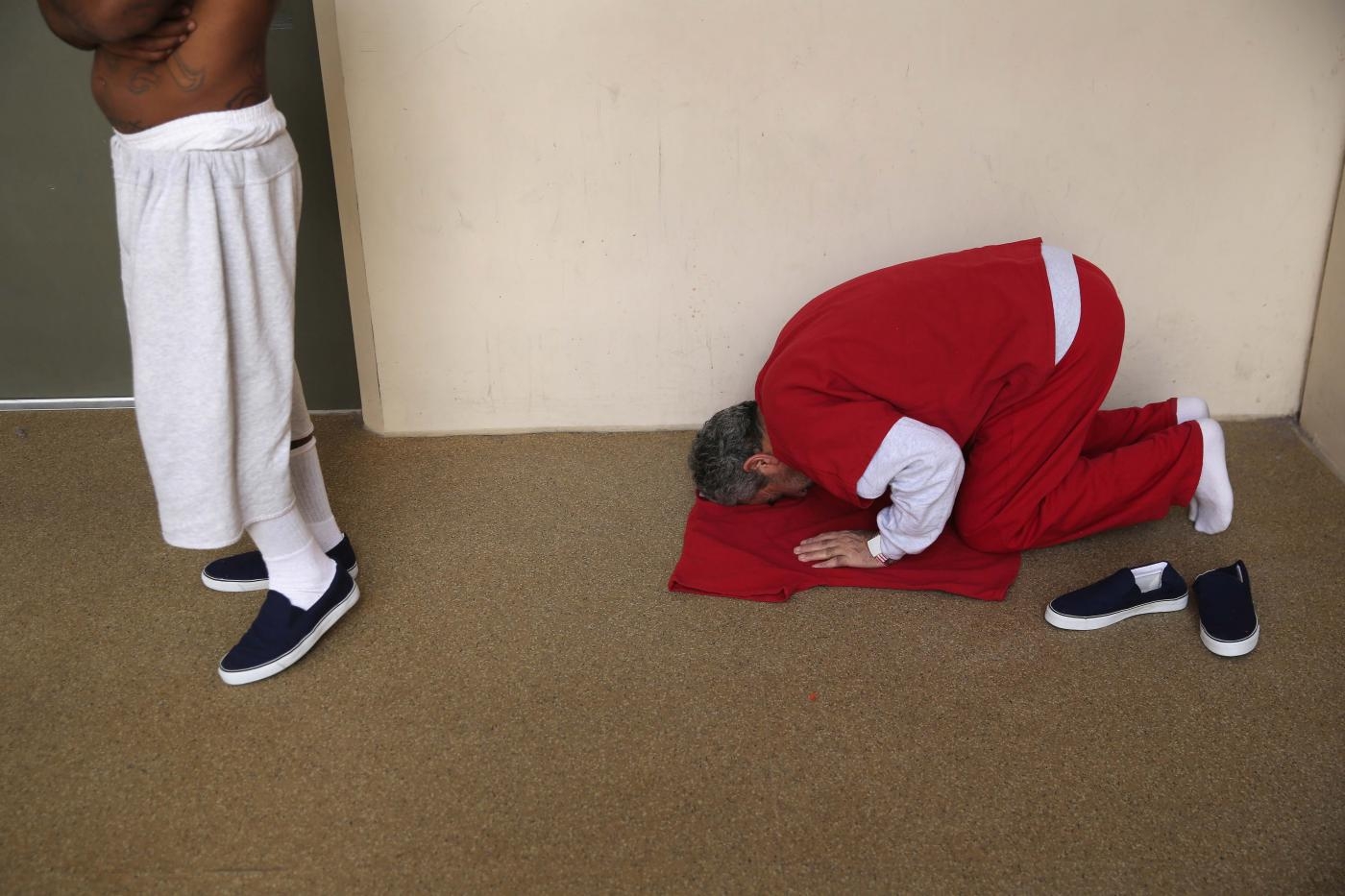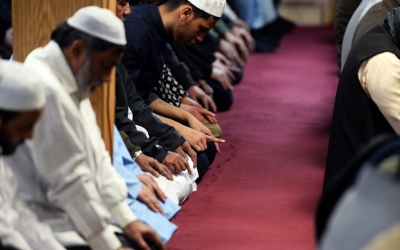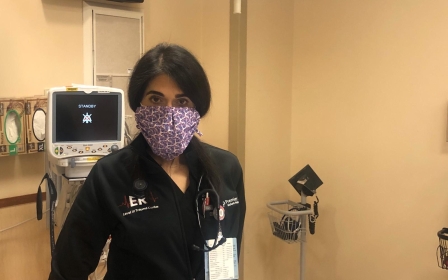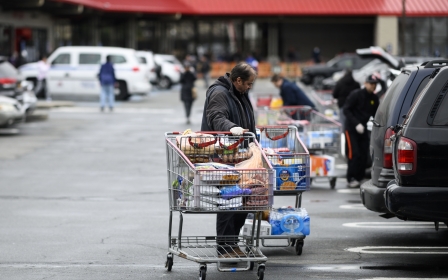US prison denies some inmates from fasting during Ramadan, rights groups say

A number of Muslim prisoners in Virginia have been denied the right to fast during the holy month of Ramadan because prison management received "too many" requests, three rights groups said.
Muslim Advocates, the Islamic Circle of North America's Council for Social Justice and the Virginia Prison Justice Network said that several inmates at Wallens Ridge State Prison were also denied the right to observe Ramadan, which started on Thursday, because they had not properly registered as Muslim.
The rights groups said on Tuesday that prison authorities had ordered the facility's chaplain to arbitrarily deny requests that some of the inmates be placed on a "Ramadan List."
According to the groups, if a prisoner is not on the list, they will not be able to receive meals before fasting begins or after it ends, and are therefore prevented from fasting during the day.
During Ramadan, Muslims fast from dawn until dusk, abstaining from food, liquids and smoking. The month is also a time for prayer, reflection, atonement and charity - when rewards for good deeds are multiplied - and a healthy person's ability to fast during sunlight hours is essential.
"It is shocking that we still have to fight for these fundamental rights to worship," said Rameez Abid, director of communications and outreach for ICNA Council for Social Justice, in a statement.
"Ramadan is the most sacred month for Muslims around the world and the US Constitution gives Muslim inmates the right to observe fasting. This shouldn't even need to be to be demanded, but sadly, here we are."
An ongoing issue
Despite having advocated for Muslim prisoners' rights to properly observe Ramadan in Virginia last year, the groups said they worried some of the same issues were being repeated.
"Last year, we warned the Virginia Department of Corrections about policies that were preventing incarcerated Muslims across the state from observing Ramadan. Shockingly, many of those problems persist," said Muslim Advocates staff attorney Nimra Azmi.
"The right of incarcerated people to observe Ramadan is protected by the law and the US Constitution. Especially since the holy month of Ramadan is now upon us, Virginia state officials must take immediate steps to ensure that all Muslim prisoners can exercise their constitutional right to worship."
According to the groups, several prisons within the Virginia Department of Corrections (VDOC) failed to provide food and water for some inmates, even those who had registered properly.
In Alaska last year, Muslim inmates sued the state's correctional system for not providing sufficient food for fasting Muslims. In both states, some inmates even reported being given pork for dinner.
While the groups acknowledged that complications for prison staff could arise due to the coronavirus outbreak, it asked prison officials to "seek to balance religious practice with pandemic preparedness".
The groups also urged the Virginia government to step in quickly since the month of Ramadan has already begun and inmates' rights were already being violated.
"Given the gravity of the situation and its time-sensitive nature, we request a prompt response to this correspondence," the letter concluded.
While Muslims make up one percent of the US population, they make up nine percent of the US prison population, mostly due to the large number of conversions, which some research has shown reduces recidivism rates.
Middle East Eye delivers independent and unrivalled coverage and analysis of the Middle East, North Africa and beyond. To learn more about republishing this content and the associated fees, please fill out this form. More about MEE can be found here.





